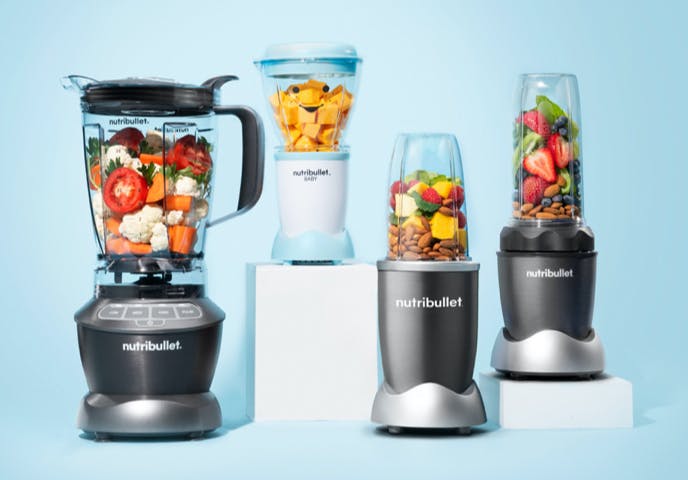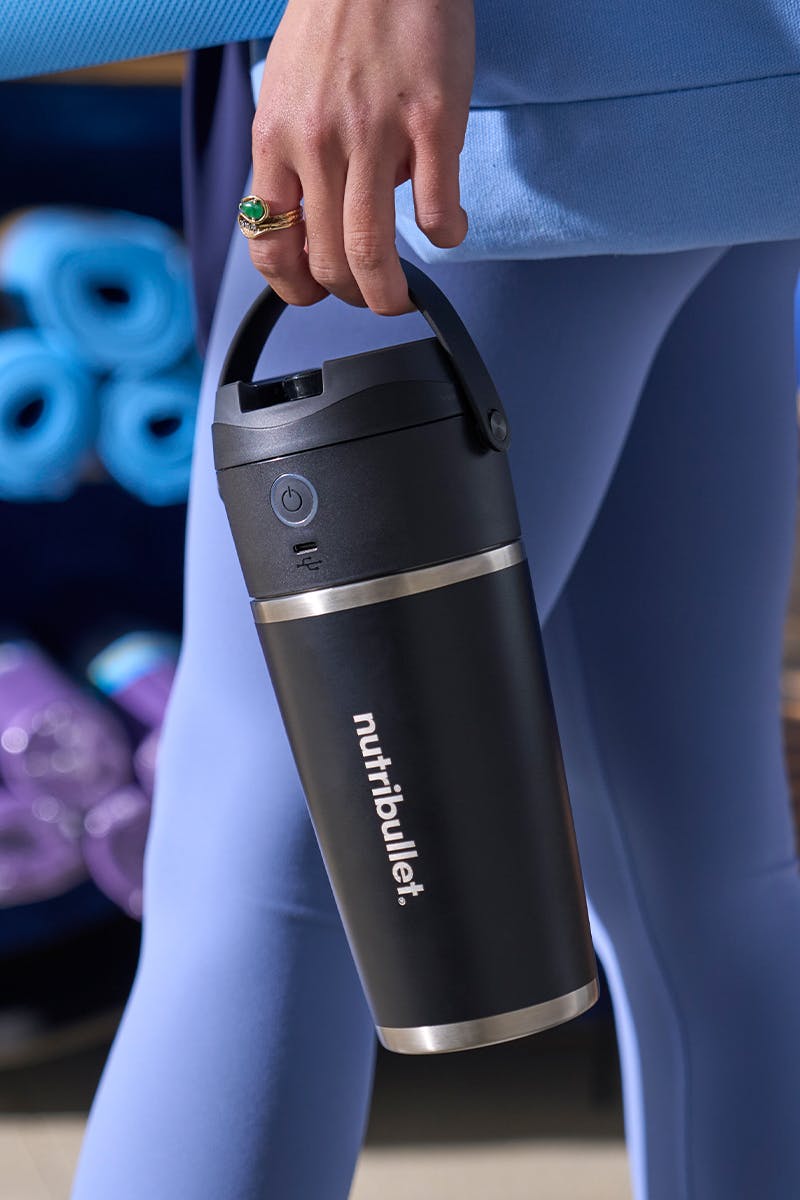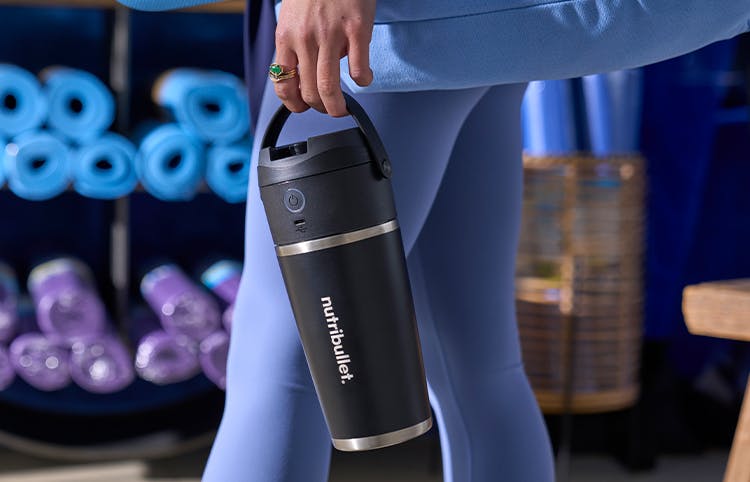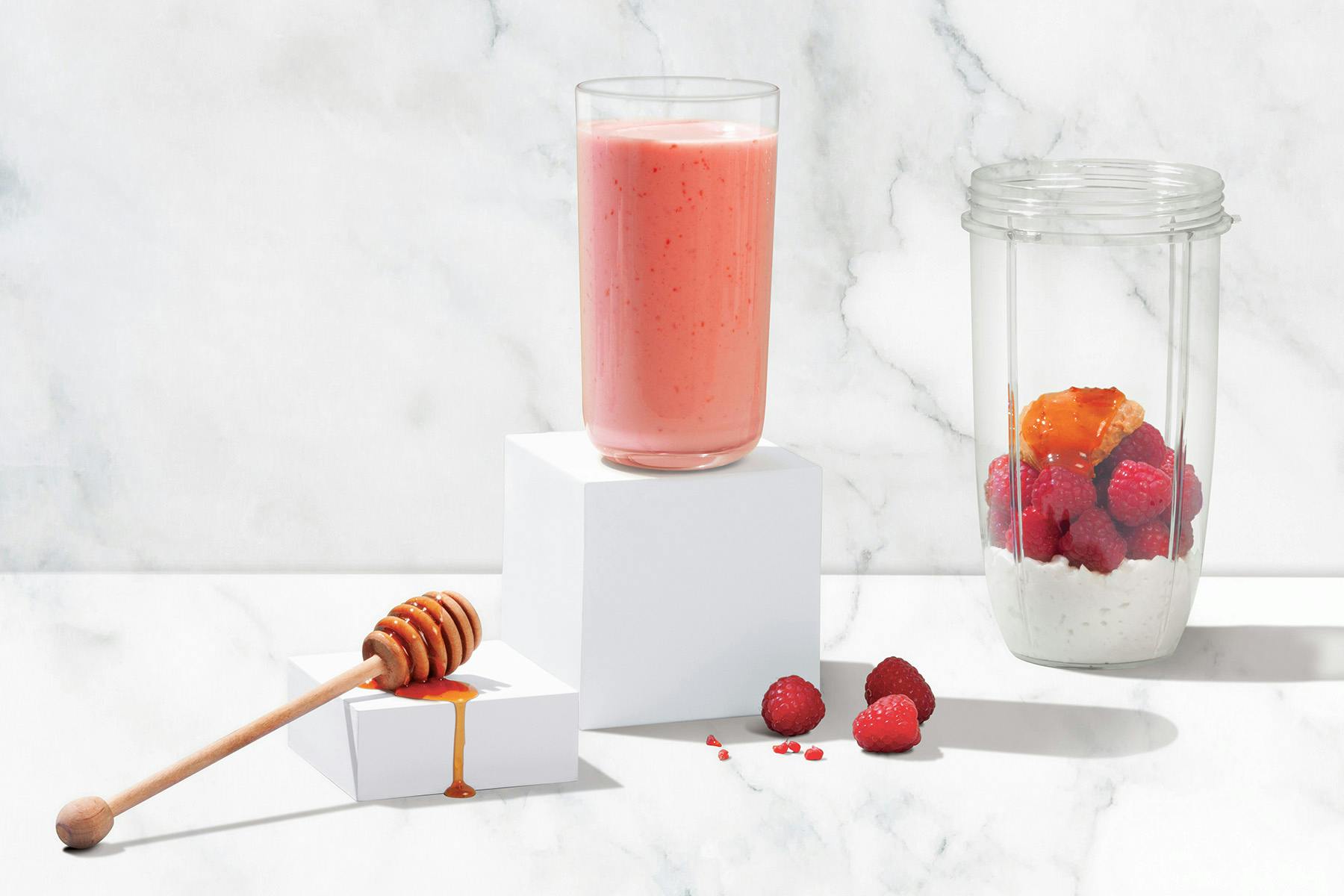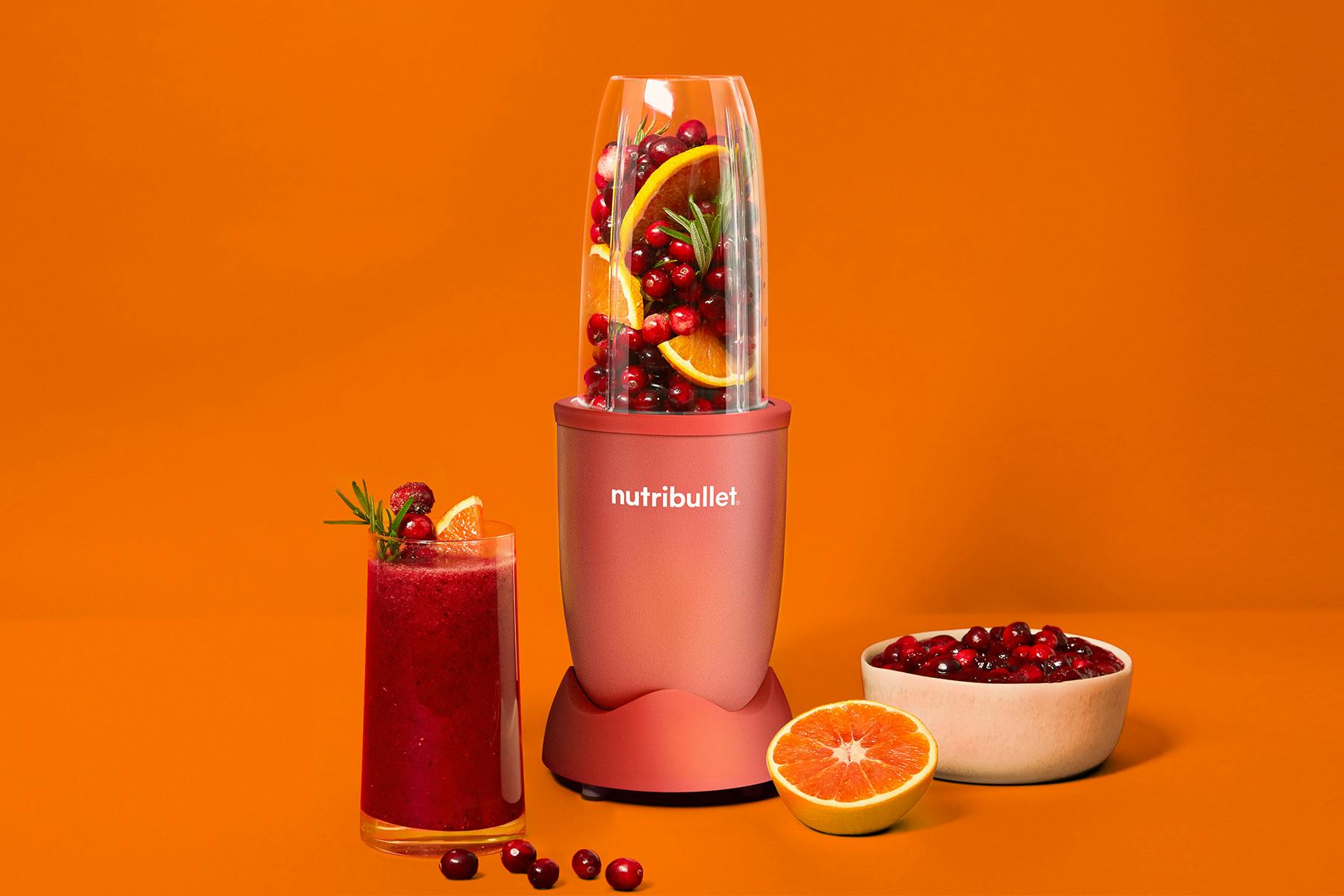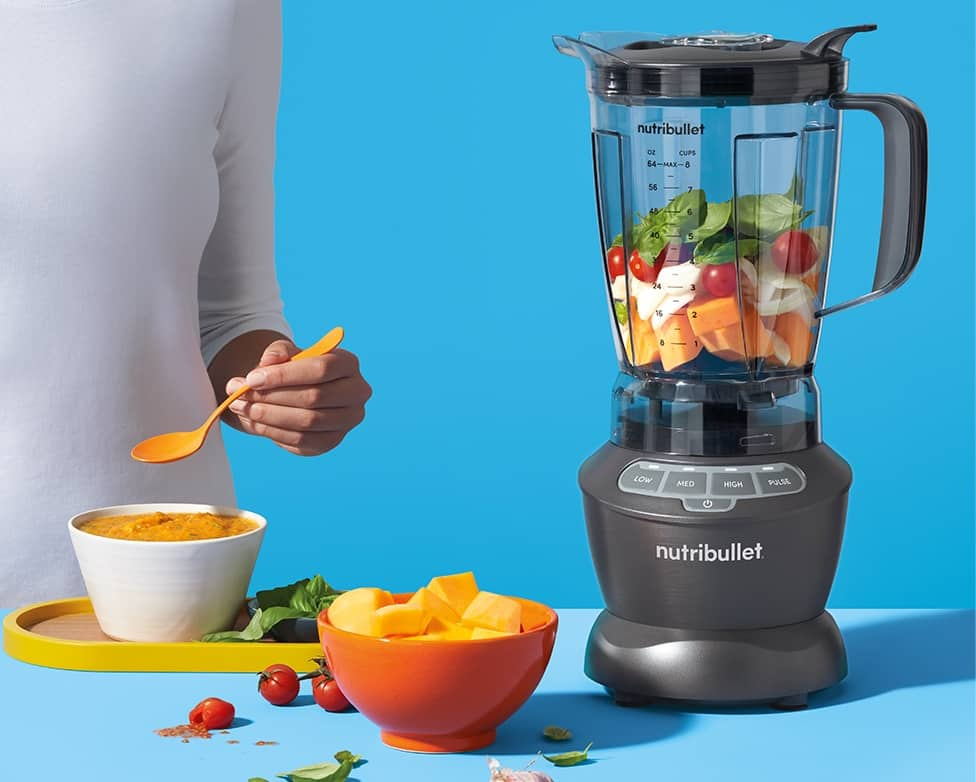If there’s one thing that Americans seem to agree on, it’s the love for coffee. And there’s been no shortage of positive buzz surrounding this beloved beverage in the scientific community.
Here are five health benefits of enjoying your favorite cup of joe.
It supports brain health.
Aside from helping you feel more alert and ready to tackle the day, the caffeine in coffee offers neuroprotective benefits. This includes enhanced long-term memory, reduced cognitive decline risk, and protection from Alzheimer’s disease, as well as Parkinson’s disease. 1-3
It promotes happiness.
Yeah, we know. This one is kind of a given. But, for fellow science nerds out there, we have research backing this up. Aside from being linked to reduced depression risk, researchers have also found that drinking coffee is linked to positive emotions, like pleasure, happiness, and energy. 4-5
It may rev up your workout.
Several studies have found that caffeine consumption helps to improve exercise performance in a broad range of tasks, from endurance activities to strength training. This is because caffeine is an ergogenic aid, meaning that it gives individuals a boost in energy so they can push themselves just a little bit harder.6
It provides antioxidants.
Coffee beans, which are actually derived from a fruit called coffee cherry, are a potent source of antioxidants. These molecules help fight free radicals, which are known to cause damage to our bodies and contribute to disease. In other words, the antioxidants in coffee are protective against certain diseases (more on this below). And because about 65 percent of Americans report drinking coffee, it may be a leading dietary source of antioxidants in the American diet.
Protection from certain diseases.
Coffee may help reduce the risk for type 2 diabetes and some forms of cancer. According to a 2017 meta-analysis, drinking caffeinated coffee was associated with a lower incidence of prostate cancer, endometrial cancer, melanoma, oral cancer, leukemia, nonmelanoma skin cancer, and liver cancer. While decaffeinated coffee wasn’t significantly associated with cancer mortality, it did lower endometrial cancer risk.2
According to the 2015-2020 Dietary Guidelines for Americans, “moderate coffee consumption can be incorporated into healthy eating patterns.” This equates to about three to five 8-oz cups per day or 400 mg/day of caffeine. However, there’s a caveat to consider: pregnancy is a whole other ballgame. Caffeine tends to stay in pregnant bodies longer and crosses the placenta where there are low levels of enzymes to break it down. The World Health Organization advises pregnant women to limit their caffeine consumption to 200 to 300 mg/day. Some health care providers advocate for lesser amounts.
Keep in mind that consuming excessive amounts of caffeine may cause some undesired consequences. This may include jitters, digestive upset, increased heart rate, or disrupted sleep. The same goes for sensitive individuals – or those who are genetically slower metabolizers of caffeine. If you still love the taste, smell, and morning ritual of coffee, then decaf may likely be a good option. That way, you can benefit from coffee’s many rewards even if you’re more sensitive to caffeine.
A healthful lifestyle is one that meets your needs and can be sustained for the long haul. If you love coffee, include it in your day – alongside your fruits and veggies, of course.
References:
- Borota D, et al. Post-study caffeine administration enhances memory consolidation in humans. Nature Neuroscience. 2014;17; 201-203.
- Poole R, Kennedy OJ, Roderick P, Fallowfield JA, Hayes PC, Parkes J. Coffee consumption and health: umbrella review of meta-analyses of multiple health outcomes. BMJ. 2017;359:j5024.
- Nehlig A. Effects of coffee/caffeine on brain health and disease: What should I tell my patients? Practical Neurology. 2016 Apr;16(2):89-95
- Lucas M, et al. Coffee, Caffeine, and Risk of Depression Among Women. Archives of Internal Medicine. 2011 Sep 26; 171(17):1571-1578.
- Fundazioa E. When we consume emotions instead of food. Alpha Galileo. 2013 Sep.
- Grgic J, Grgic I, Pickering C, et al. Wake up and smell the coffee: caffeine supplementation and exercise performance—an umbrella review of 21 published meta-analyses. British Journal of Sports Medicine 2020;54:681-688.










